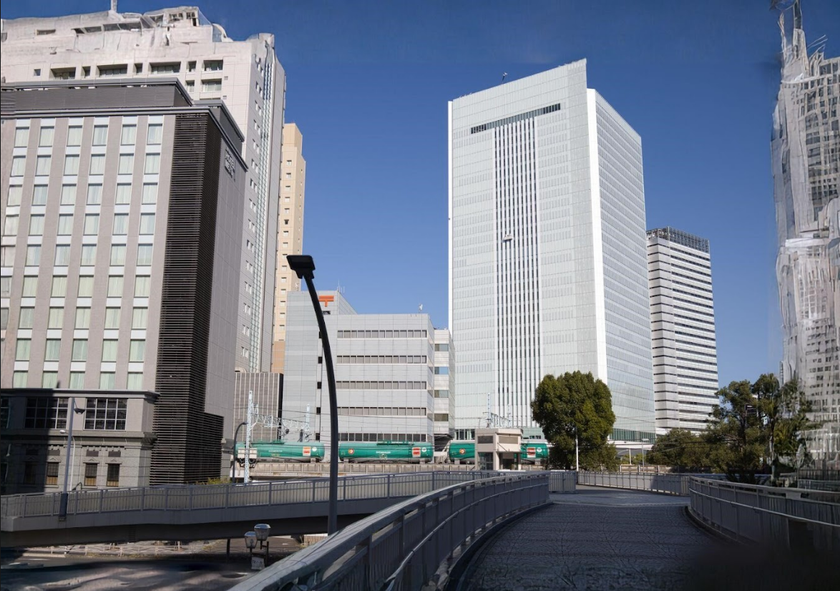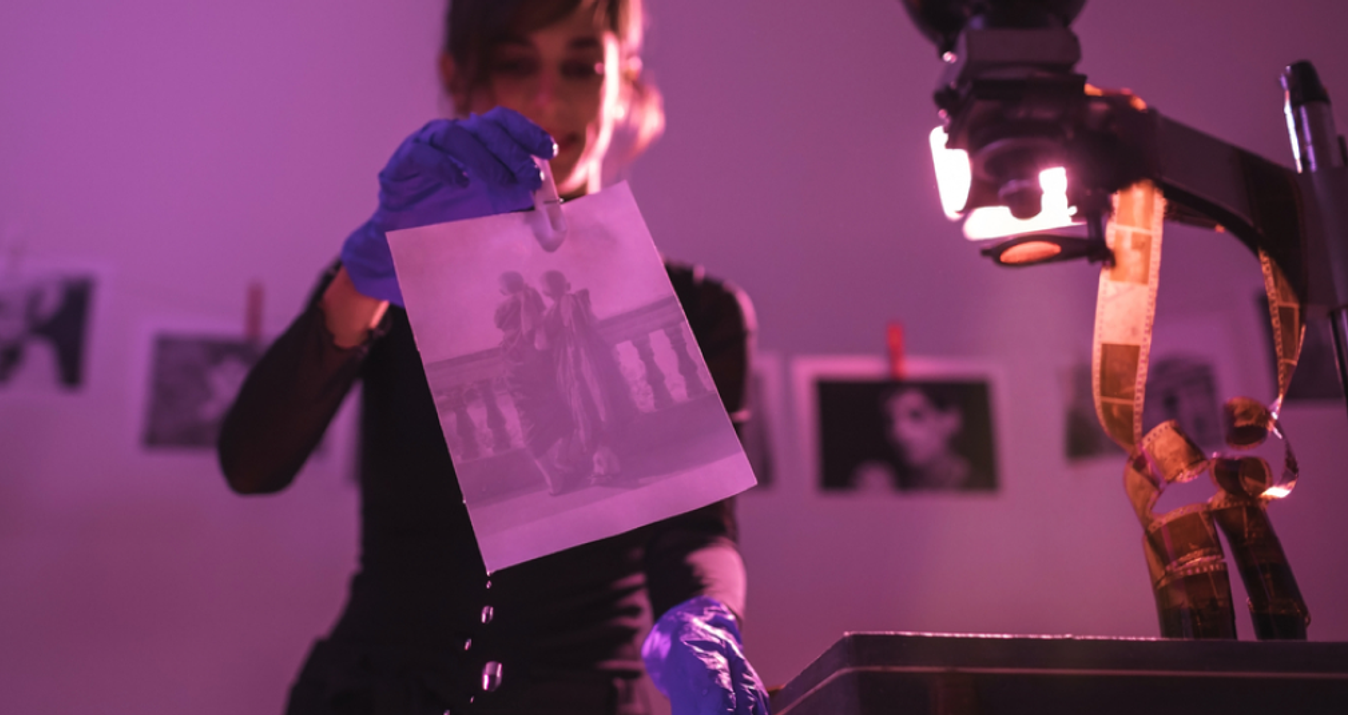Future of Photography: How AI is Transforming the Industry
May 17, 2024

AI already influences every aspect of our lives by integrating information, analyzing data, and improving decision-making processes. In this article, we explore its impact on photography.
Various innovative AI functions are being introduced in the photography industry. For instance, AI can now generate photos from text descriptions, leading some to speculate about its potential to replace traditional photography roles. However, rather than eliminating jobs, AI acts as a partner that boosts creativity.
By using AI, tasks that previously consumed considerable time can now be completed swiftly, freeing photographers to focus on creative pursuits. AI not only enhances your photography workflow but also increases your efficiency. In this article, I will introduce how AI is transforming the photo workflow.
Four Features to Improve Your Workflow with AI
AI technologies not only expedite tasks that traditionally took a long time but also make previously impossible tasks possible through advanced post-processing techniques.
1. Object Removal
Technology has been used for a long time to remove unnecessary things from photos.
However, if the background is complex, it will look unnatural.
Removing unwanted elements from photos has been a capability of editing technology for some time. However, achieving natural-looking results can be challenging, especially with complex backgrounds.
For example, manually erasing a person standing in front of a fence is not only time-consuming but also prone to unnatural outcomes if done without sophisticated tools.
Using AI simplifies this process significantly. Luminar Neo offers a GenErase feature, which allows users to selectively erase objects. This tool is designed to integrate the erased areas seamlessly into the surrounding image, as demonstrated below:

With such technology, photographers can spend less time on tedious edits and more time on creative endeavors, trusting AI to handle the labor-intensive aspects of image editing.
Advanced yet easy-to-use photo editor
Get Luminar Neo Now2. Noise Reduction
Noise, particularly common when shooting at high ISO sensitivities, poses a significant challenge for photographers. Traditional RAW development software includes noise reduction tools, but fine-tuning these settings can be complex. Over-applying noise reduction often results in loss of detail, producing a blurry photo. Achieving the right balance between reducing noise and preserving detail can be difficult.
AI technology simplifies this process, enabling optimal noise reduction with just one click. For instance, consider a photo taken at ISO 5000, where the noise is visibly prominent.
Using AI-driven tools like Luminar Neo's Noiseless feature can revolutionize how this issue is addressed. This feature leverages AI to analyze and quantify noise, allowing users to adjust the strength of noise reduction according to their specific needs.
Here are the photos before and after applying the Noiseless feature:
As illustrated, the Noiseless feature significantly enhances image quality by reducing noise without sacrificing detail. This allows for delicate adjustments that were previously labor-intensive, making photo editing quicker and more efficient through AI.
3. Image Expanding
AI has introduced a transformative capability in digital photography: the creation of elements within a scene that did not originally exist. This technology addresses common composition issues and enhances the overall aesthetic of photos.
For instance, consider a photograph where a building appears tightly squeezed with no surrounding space, which can create a cramped impression:
Utilizing Luminar Neo's GenExpand feature, photographers can now virtually extend the landscape around the building, thereby improving the composition and the visual appeal of the scene. Below is an example where the scenery around the building has been expanded:
GenExpand enables photographers to alter the composition of their images freely, without the need for retaking the photograph. This capability is particularly valuable in situations where reshooting is impractical or impossible, offering creative solutions to enhance spatial dynamics within a frame.
Enter the Future of Photo Editing with GenExpand
Give it a try!4. Blur Adjustment
AI technology continues to push the boundaries of what's possible in RAW processing software. Traditionally, post-processing could adjust attributes like brightness and color, but the degree of blur, or bokeh, was fixed, determined by the camera's aperture setting during the shot.
However, advancements in AI have introduced capabilities that transcend these limitations. Adobe Lightroom has now experimentally included a feature known as "Blur (lens)," which allows photographers to adjust the blur effect post-capture.
 Here is a photo demonstrating the adjustment capabilities of this function:
Here is a photo demonstrating the adjustment capabilities of this function:
The enhancement significantly blurs the background, adding depth and focus to the subject. This breakthrough by AI not only expands the creative possibilities for photographers but also offers unprecedented control over the final image's aesthetic qualities.
The Future Outlook for AI
AI technology is continuously evolving, with significant developments expected in the near future. My focus is primarily on two crucial aspects: AI accuracy improvement and multimodal generation. We will discuss them in more detail in the following paragraphs.
AI Accuracy Improvement
AI has enabled previously impossible feats, yet achieving consistently satisfactory results remains a challenge. For instance, using generative AI to expand the frame of view can sometimes create bizarre, unrealistic structures.
Adjusting blur effects might also result in unnatural outcomes, such as photos where the bokeh effect makes the subject appear miniature—a discrepancy easily spotted by human eyes but less so by AI. We hope these issues will be resolved over time, making the feature more user-friendly for photographers.
Multimodal Generation
Multimodal involves AI processing multiple types of information simultaneously. Typically, image generation AI operates on text instructions alone. However, with multimodal capabilities, commands can include both images and text, resulting in more accurate visual outputs.
Creating a precise image from text alone is challenging. Take a look at this image for example:
The image was generated using the description: “A vagary steampunk-style airship soars through the sky in the middle of a floating island.”
While it might be difficult for many to envision this from text alone, combining an initial image with descriptive text ("image + text") allows AI to produce something closer to the intended vision.
Adobe Firefly is making strides in image browsing capabilities, though its accuracy still requires improvement.
As these technologies refine, we expect the precision and intuitiveness of multimodal generation to enhance significantly, making it an indispensable tool in creative fields.
Wrap-up
I have explored how AI is set to transform photography workflows. While there is a common misconception that AI might replace photographers, this is not the case. Instead, AI serves as a valuable tool that enables photographers to concentrate on more creative aspects of their work.
AI can efficiently handle time-consuming tasks like summarizing documents or providing basic tax assistance, freeing photographers from the monotony of repetitive processes and allowing them more time to innovate and create. Furthermore, AI enables techniques that were previously unfeasible, such as expanding the field of view or adjusting focus with sophisticated generative algorithms.
Currently, AI technology is still evolving. Its accuracy and the quality of results are areas needing enhancement. As these technologies mature, AI will play an increasingly crucial role in photography, becoming an indispensable tool for professionals.
Looking ahead, as AI capabilities expand to include the generation of multimodal and intuitive images, its adoption will likely become more widespread. Eventually, using AI will become a routine part of the creative process, seamlessly integrated into the workflow of photographers everywhere.














